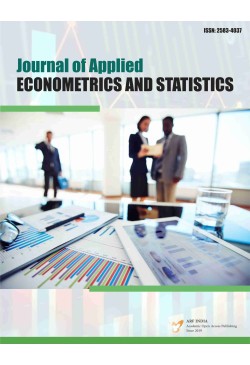The study titled Time Series Modelling and Forecasting of Seasonal Rainfall Patterns in Bida Basin, Nigeria, modelled and forecasted time series data from the European Centre for Medium-Range Weather Forecasts (ECMWF) ERA5 reanalysis precipitation data from 1981-2020. The mean method, naïve method and seasonal naïve method were used as benched mark forecasting method to linear regression methods, exponential methods and ARIMA methods. The R-statistical package was used for analysing the data. In choosing among exponential methods and ARIMA methods, the est() and auto.arima() functions were employed respectively to select model that best capture the features of the time series data while the R-squared was employed to select from linear regression models. The scaled methods for prediction error evaluations and residual analysis were performed on the various models considered. The linear regression, seasonal ARIMA and exponential smoothing methods were better than the three benched mark forecasting methods. However, root mean squared error (RMSE) evaluation showed that the linear regression model with trend and seasonality had the closest predicted value to the actual rainfall values. With the mean absolute error (MAE) and the mean absolute scaled error (MASE), ARIMA (0,0,0)(0,1,1)[12] has the least value. Based on the results from the residual analysis and error dependent evaluation methods, linear regression model was selected for modelling and forecasting Bida basin rainfall since it had the closest prediction value to the actual value.
Keywords: Rainfall, Modelling, Forecasting, Bida Basin, Pattern
Mayaki, J., Sule, I. M. and Bako, D. (2023). Time Series Modelling and Forecasting of Seasonal Rainfall Patterns in Bida Basin, Nigeria. Journal of Applied Econometrics and Statistics, Vol. 2, No. 1, pp. 41-62. https://DOI: 10.47509/JAES.2023.v02i01.03
